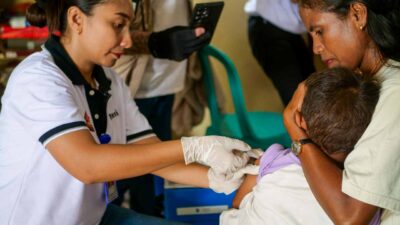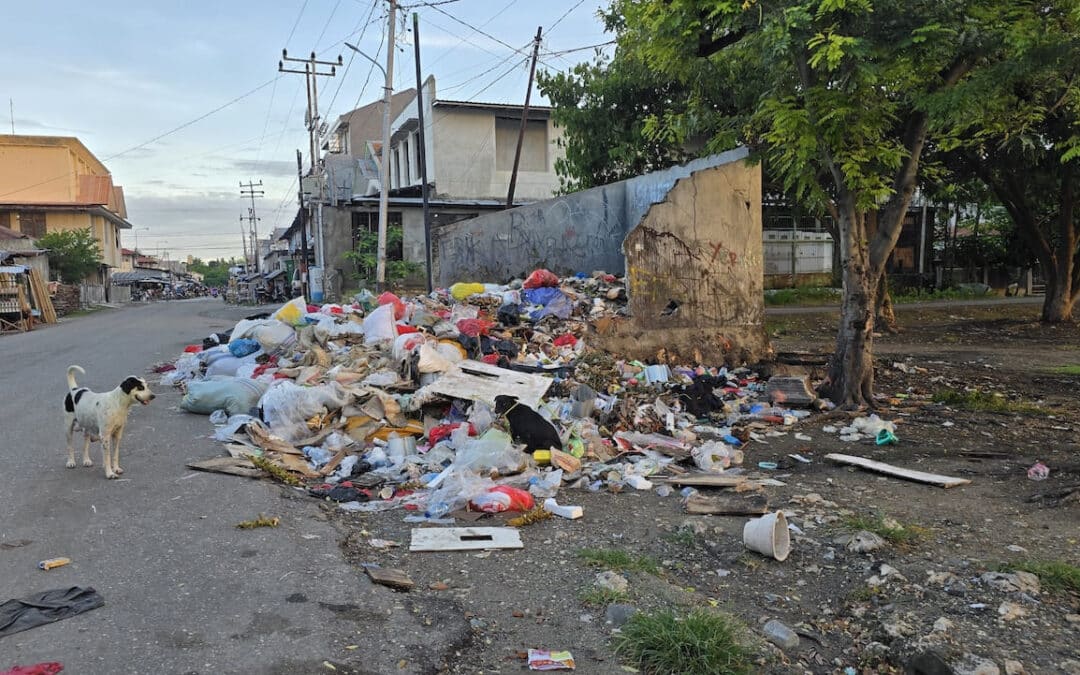We will construct eight ferrocement tanks in Hambarita to provide clean water to isolated families. Six of these are currently funded, but two remain unfunded. We require CHF 2,300 for each tank. Your support guarantees access to clean water for the most remote communities. Donate now and be part of this life-changing project.
What you can do for us?
Are you seeking opportunities to make a positive impact? The Fair Future Foundation needs individuals like you to help provide essential services to remote communities in Indonesia. Your donations, volunteering, or advocacy can improve many lives. Join us in creating a fairer world with better health standards!
Support Fair Future: Donate, Volunteer, or Share Our Mission to Help Ultra-Rural Communities.
Your support—through donations, volunteering, or spreading the word—provides life-changing aid to families in remote villages.
How You Can Support Us
At Fair Future Foundation, we believe that each individual possesses the ability to effect meaningful change. Every effort, whether by contributing time, skills, or resources, plays a crucial role in our mission to offer socio-medical support to families and communities in extremely remote areas where access to healthcare, clean water, and education is limited.
By supporting Fair Future, you become part of a movement that enhances lives in some of the most challenging situations. You can make an impact by volunteering, offering financial contributions, donating vital supplies, or aiding our awareness campaigns. Every contribution—large or small—enables us to deliver medical care, construct sustainable infrastructures, and offer education to those who need it most.
If you support our mission, consider sharing your experience with Fair Future. You can write a testimonial, share your story, or explain what our work means to you. Your words have the power to inspire others and help grow our community.
Join us and make a lasting impact as we move forward together.
Alex Wettstein – Fair Future Foundation – Updated in May 2025
Our last News
This is what you can do for them, for us too
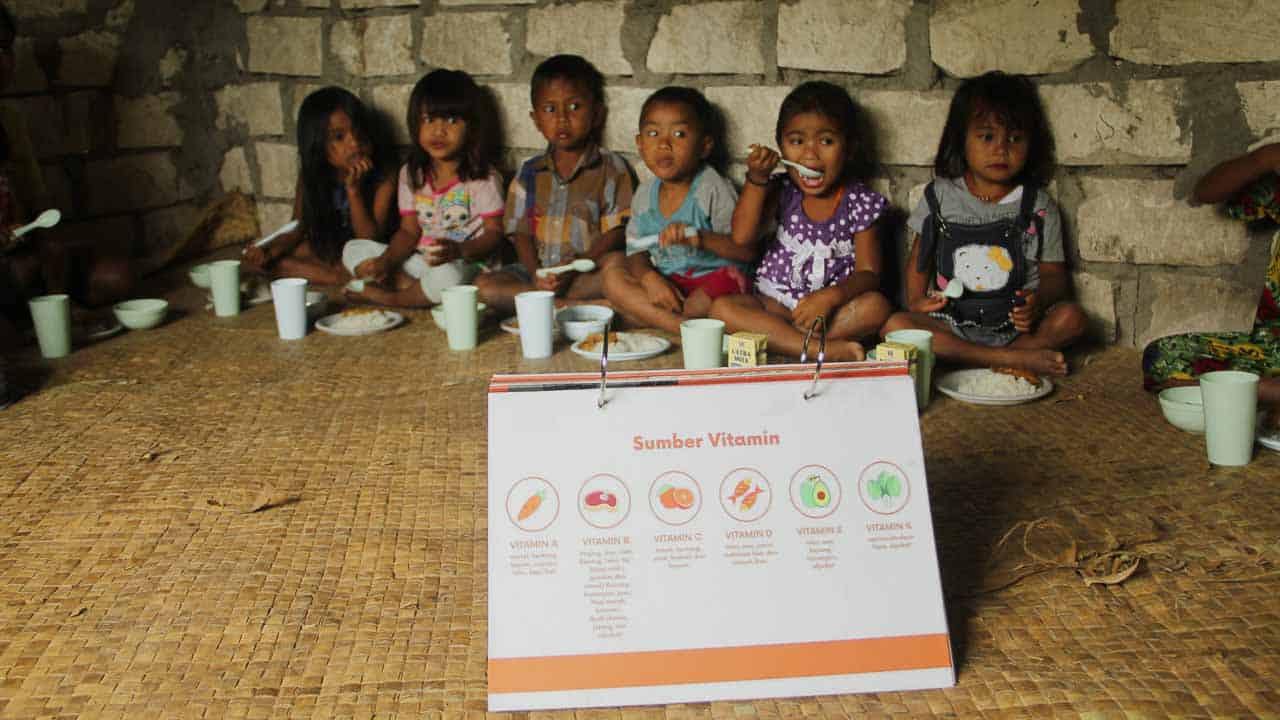
Donate on-line to Support them
Your financial support enables us to carry out the Swiss Foundation’s mission to provide healthcare, education, clean water, safe sanitation, and genuine solutions to combat infectious diseases in ultra-rural communities. With 93% of every donation directly funding valuable projects, your generosity makes a significant difference. Whether it’s a one-time donation or recurring gifts, every contribution helps sustain and expand our vital work.
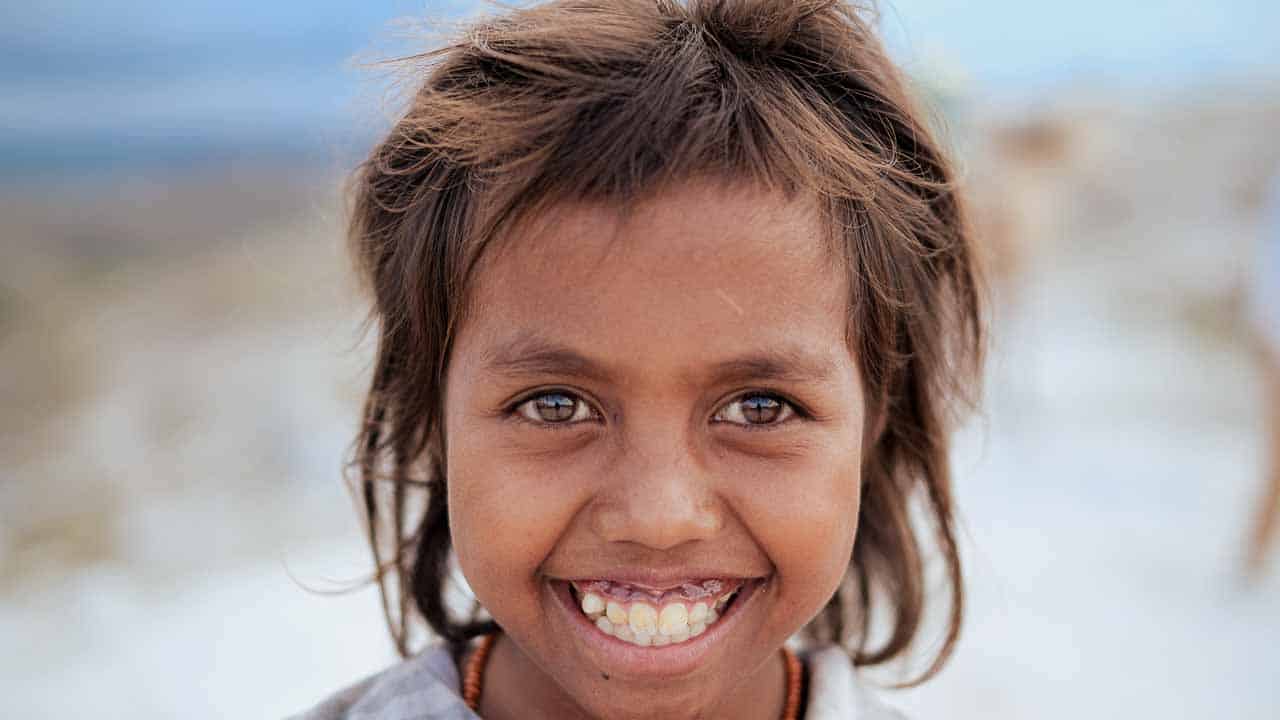
Donate Instantly with TWINT
In Switzerland, giving has never been easier! With TWINT, you can donate in seconds—whether it’s 1.- or 100.-, every contribution saves lives. Your support provides essential medical care, clean water, and education to those in need. Just scan, send, and make a real impact. A small gesture, a huge difference!
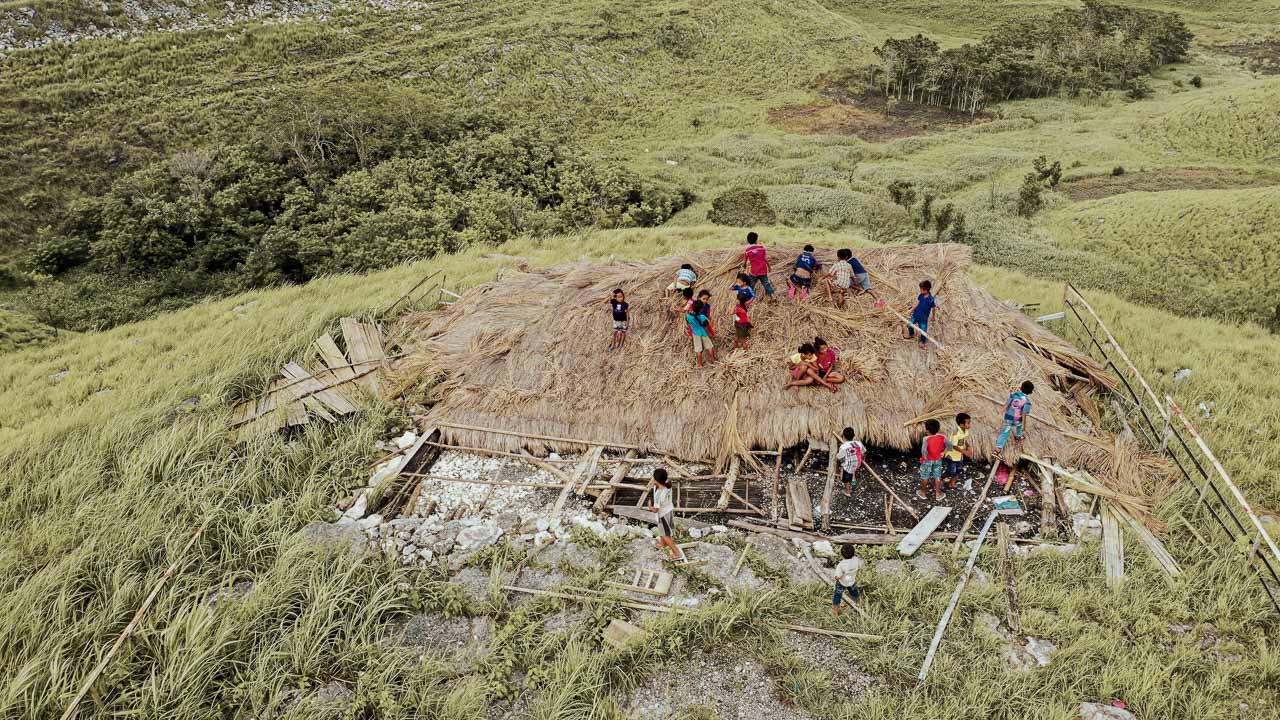
Support through in-kind donations
Make a direct impact by donating essential items such as medical supplies, educational resources, or construction materials. Fair Future accepts contributions such as school supplies, health centre essentials, clothing, books, kitchen utensils, solar panels, and water system parts. Your donations are essential to our mission of providing underserved communities with the tools they need for education, healthcare, and infrastructure development.
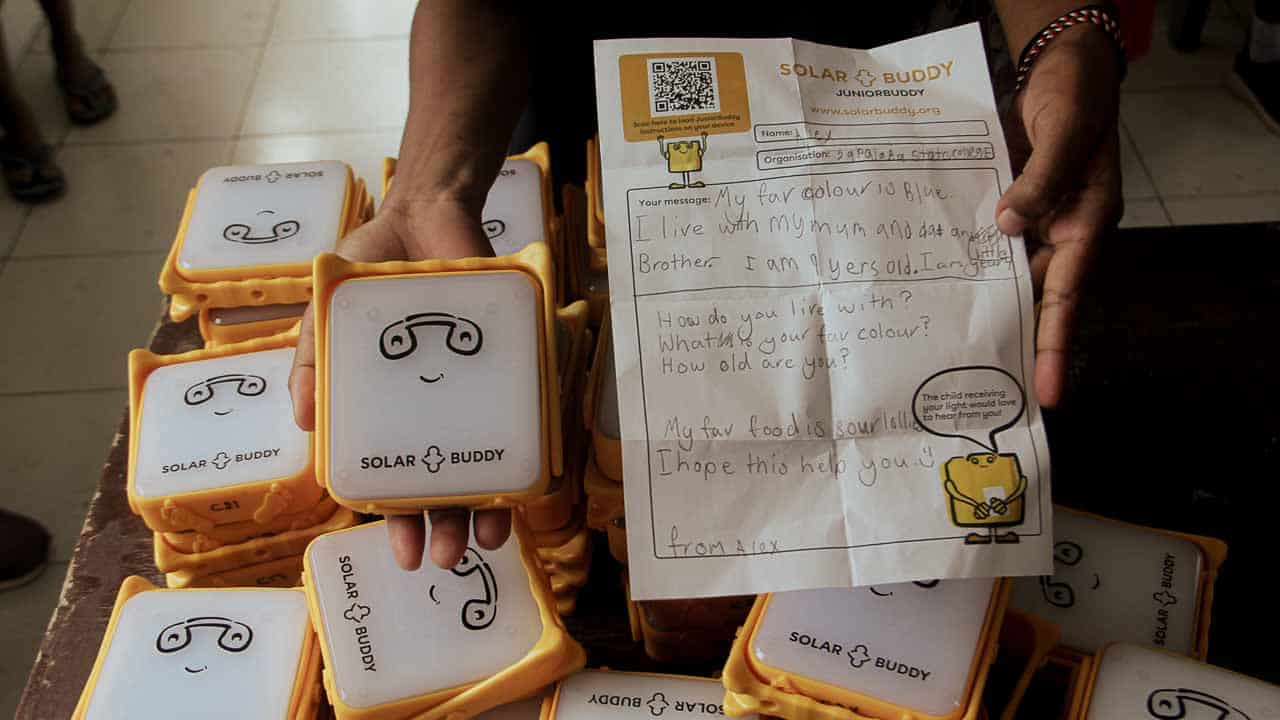
Amplify Our Reach
Expand our impact and share your experiences and support for Fair Future on social media. By sharing your feelings, knowledge, and stories, showcasing our work, or discussing your donation, you inspire others to join the Swiss Foundation’s mission. Your voice is powerful: it can raise awareness, inspire action, and attract the support needed to create lasting change in underserved communities. Together, we can make a bigger difference, so spread the word.
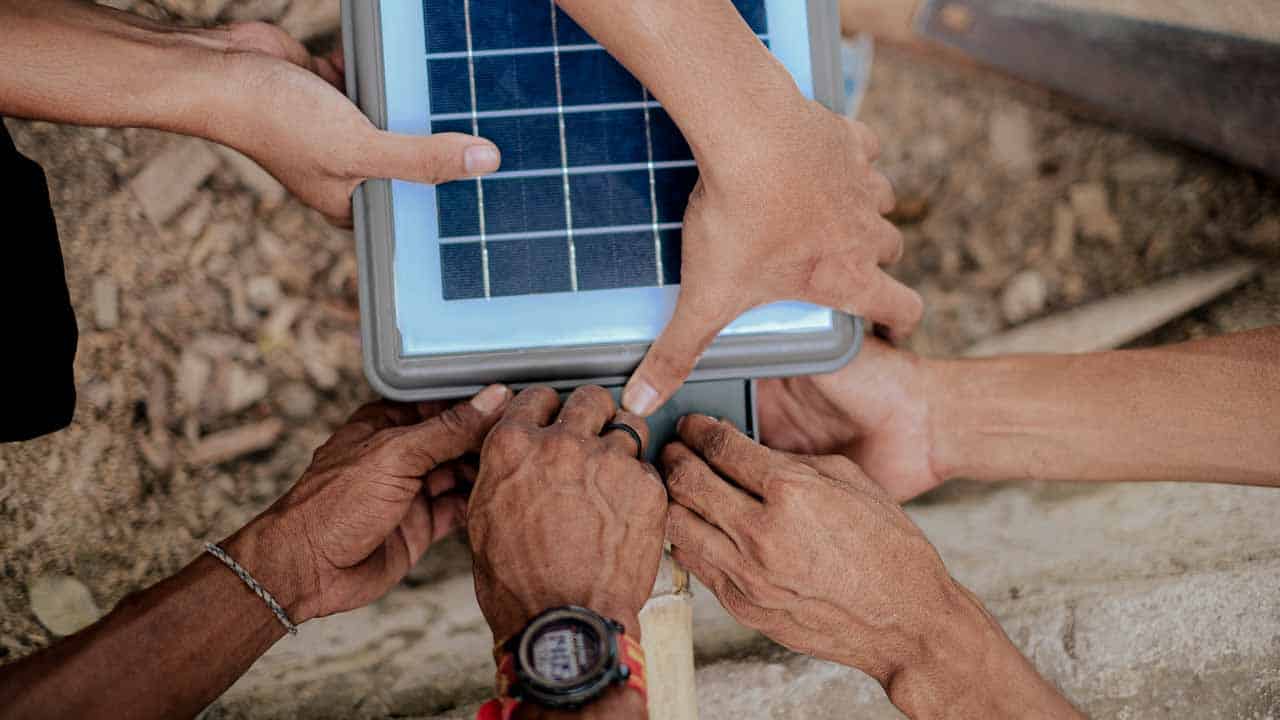
Volunteer – Be Part of the Change
Your skills and time have the power to change lives. Whether you join us in Indonesia for hands-on projects in healthcare, education, or construction, or assist remotely with content creation, social media management, or fundraising efforts—your contributions are essential. Volunteering with Fair Future is not just about providing support; it’s an opportunity to enact meaningful change while experiencing the fulfillment of making a significant impact.
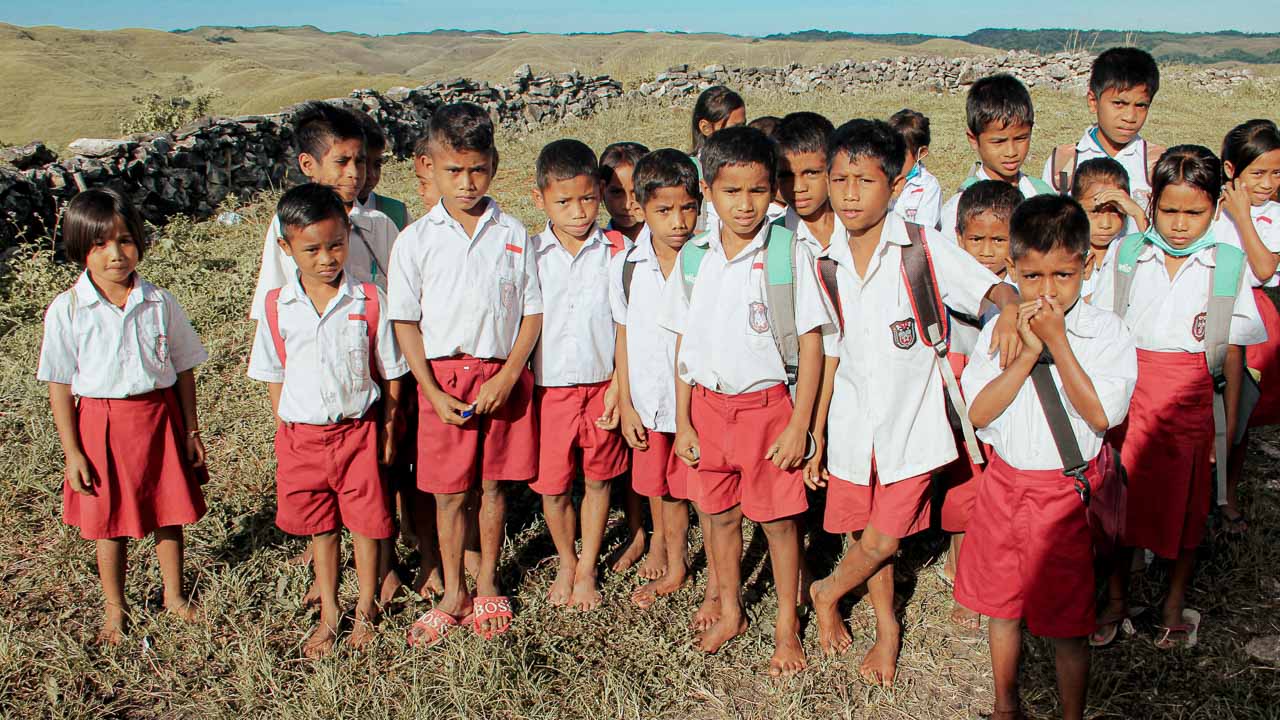
Engage as a School or Organization
Join forces, your school or your university with those of Fair Future to make a significant difference. Motivate your students or members to organize fundraisers or gather essential supplies such as school or medical supplies. Your group can nurture empathy, leadership skills, and global awareness by engaging in collaborative efforts focused on education and healthcare. Together, we have the power to uplift communities and change lives for the better.
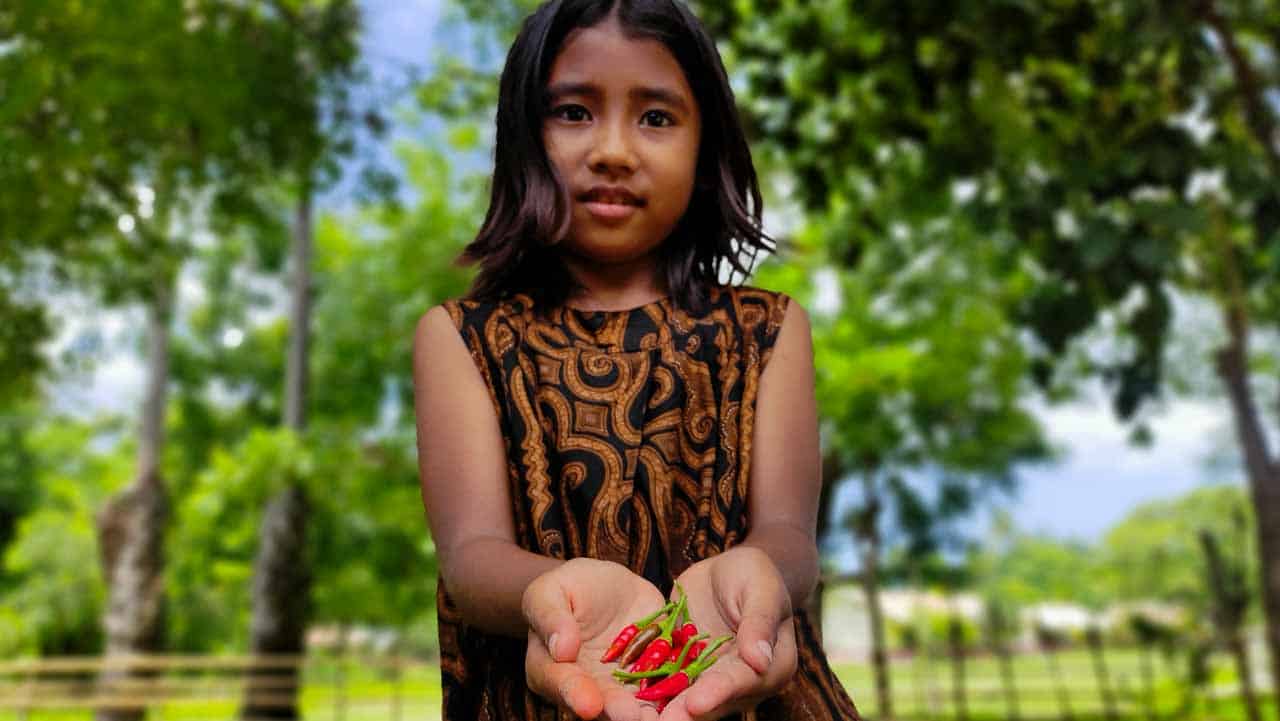
Donate Easily with Our QR Payment Slip
Supporting Fair Future is simple and efficient with our QR payment slip. This modern and convenient method allows you to donate effortlessly—just download the PDF, scan the code, and you’re done! Easily shareable, it’s a secure and practical way to contribute to life-changing programs. Your generosity helps provide healthcare, clean water, and education where they are needed most.
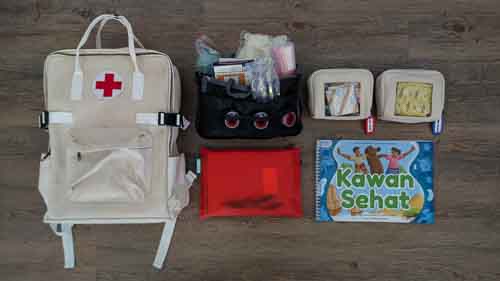
Support them with an Offline Bank Transfer
Making a difference is simple! You can donate via bank transfer using our official Swiss banking details. This secure method ensures that 93% of your donation goes directly to our programs, funding medical care, clean water access, and education. Download our banking details, make your transfer, and take action today!
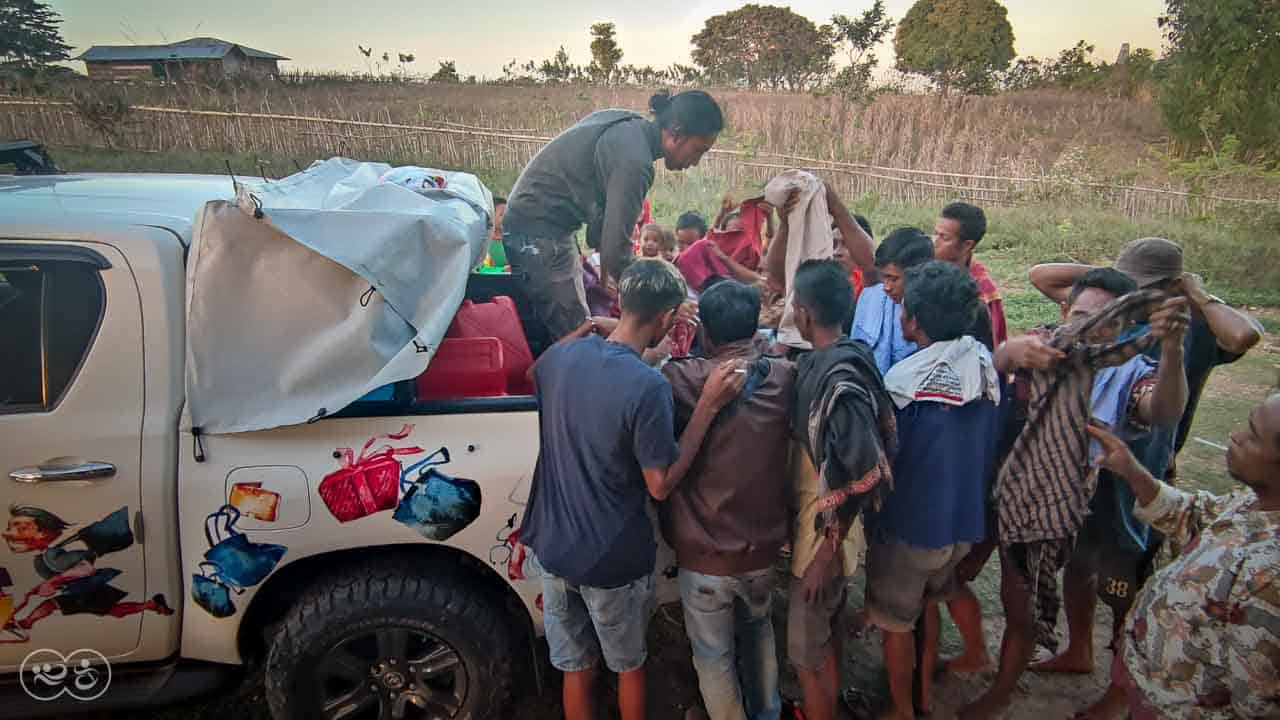
Support the Truck of Life
Power the Truck of Life to save lives. This medical truck reaches remote communities, delivering essential care and supplies where others can’t reach. With only 56 cents per kilometer, your donation fuels its mission, ensuring life-saving assistance arrives for those in urgent need. Every kilometer matters—your support broadens its impact and transforms lives in some of the most isolated regions. Join us today to drive change forward.
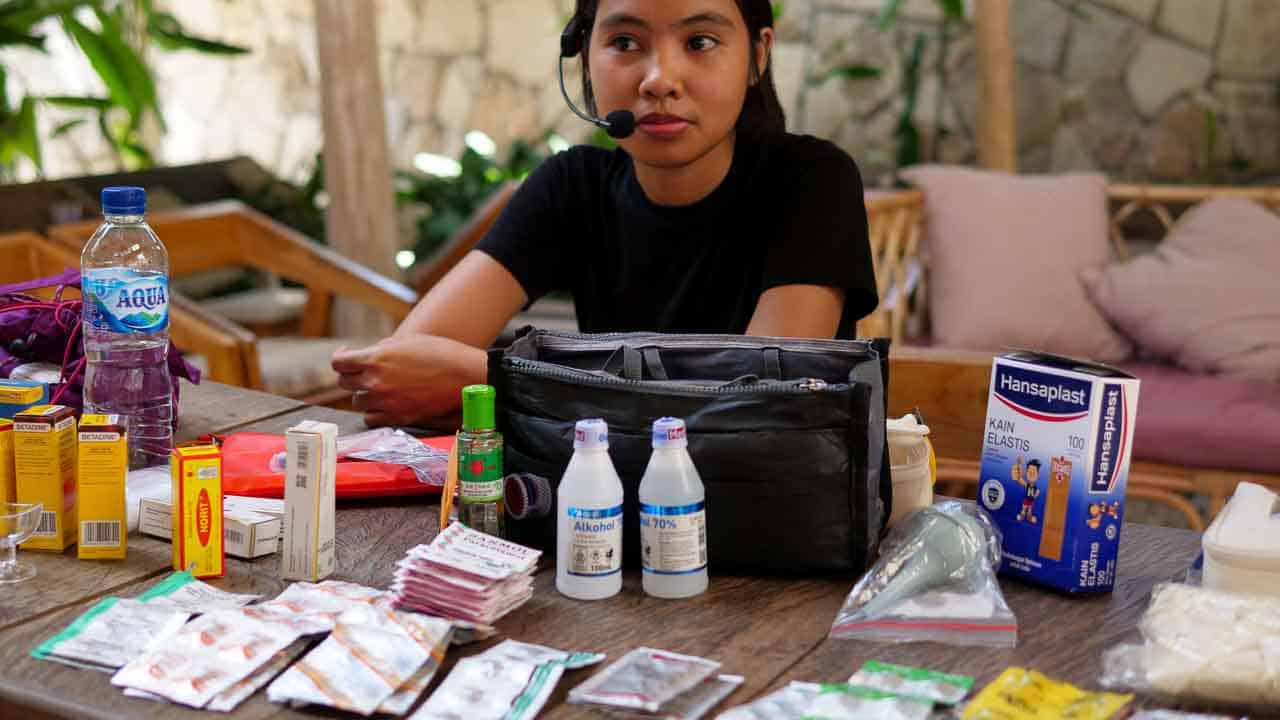
Advocate and Raise Awareness
Make your voice heard and make a difference. Leverage your influence and connections to highlight our mission of providing essential socio-medical support to rural areas. By sharing our stories, you help raise awareness and motivate others to participate in the programmes initiated and implemented by the Swiss Foundation. Together, we have the power to extend our reach to help even more villages and significantly improve people’s lives.
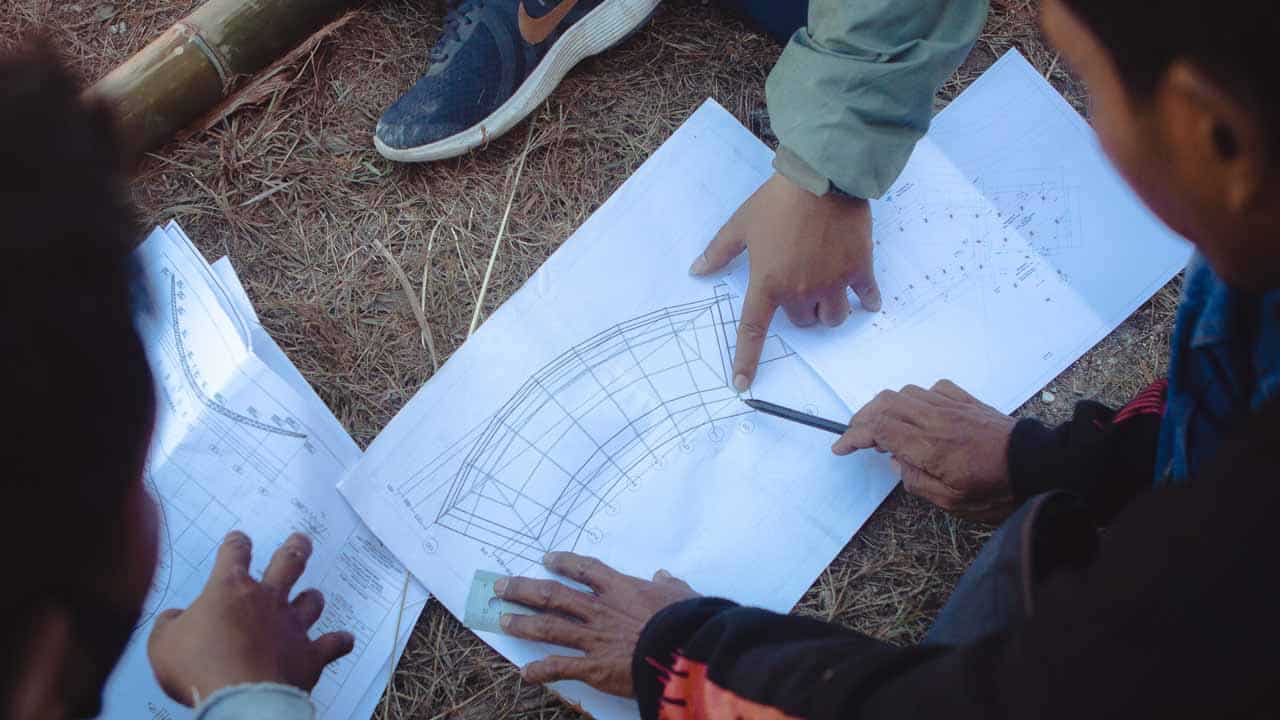
Partnerships
Speak up to encourage businesses to partner with the Swiss Foundation and encourage companies to support our mission and work by participating in collaborative campaigns or projects. By aligning their expertise and corporate social responsibility efforts with the Foundation, businesses will drive meaningful change and increase their influence. Together, we develop solutions transforming tens of thousands of lives and advancing sustainability in underserved communities.
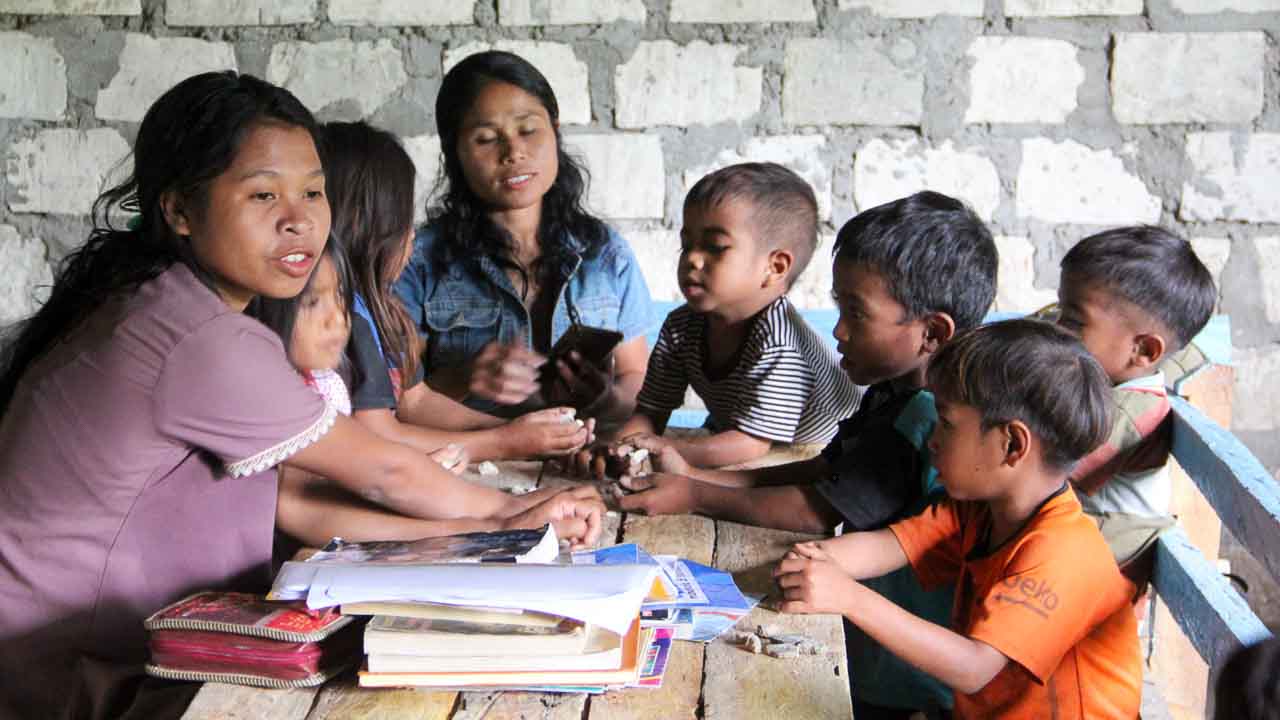
Share Your Testimonial
We greatly value your experience with the Fair Future Foundation. Whether you’ve volunteered, donated, or simply followed our journey, we invite you to share your thoughts with us. Let us know what Fair Future means to you, how our work has inspired you, or how you’ve contributed to this mission. Your words help us grow and improve while inspiring others to take action as well. Share your testimonial and become a part of our story!
Ending Tuberculosis, Saving Lives!
Through our initiatives for Tuberculos prevention and care, we aim for a future free from this devastating disease. Every life matters, and no one should suffer from a treatable illness.


